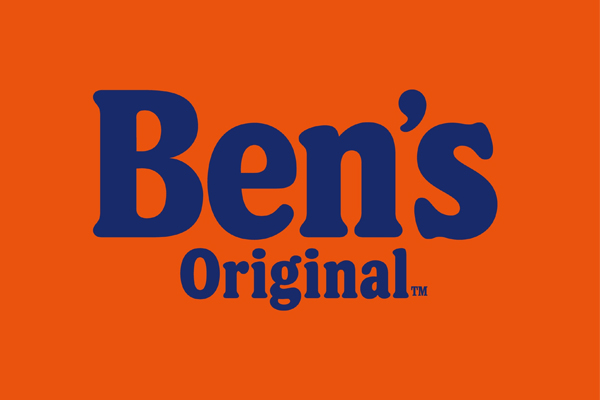Mars Food has announced that it‘s rebranding Uncle Ben’s rice to Ben’s Original to be more ‘equitable’. It’s dropping the 70-year-old logo of a black man, which was criticised for racial stereotyping. The move follows several firms – from Quakers to Eskimo Pie – that have removed controversial racial imagery/names from their brands in recent months, following the Black Lives Matter protests.
The move signals the brand’s ambition to be more inclusive, while producing the world’s best rice. “Over the last several weeks, we have listened to thousands of consumers, our Associates and stakeholders from around the world,” said Fiona Dawson, Global President Mars Food, Multisales and Global Customers. “We understand the inequities that were associated with the name and face of the previous brand. As we announced in June, we have committed to change.”
The company has committed to removing the image on the packaging to create a more equitable iconography. It’s also taking action to enhance inclusion and equity to “create opportunities that offer everyone a seat at the table”. Ben’s Original community outreach programmes will also ensure underserved communities can access nutritious meals. It also aims to help culinary entrepreneurs of all colours access educational opportunities. This work will begin in the US with National Urban League to support aspiring Black chefs through a scholarship fund. It hopes to expand this programme to support underserved communities around the world shortly after.

RECONCILING RACIAL JUSTICE
“Brands have an important role to play as we continue to navigate this moment of reconciliation regarding racial justice, diversity and inclusion,” stated Marc Morial, President and CEO, National Urban League. “We’re proud to partner with Ben’s Original as they evolve and embark on a new path with a new purpose, providing Black communities here and abroad with more equitable opportunities in education and business.”
Mars will also invest in the local community of Greenville, Mississippi, where Ben’s Original has been produced for more than 40 years. It aims to enhance educational opportunities for more than 7,500 students in the area, as well as increase access to fresh foods.
The company plans to continue to improve racial equity and increase representation in the company’s workforce, leadership and talent pipeline. It also aims to better utilise spend, specifically among suppliers, to drive positive change. “While implementing an evolution on this scale will be a complex process, there is no better time than right now,” added Dawson. “We know this is the right thing to do for our brand and business to ensure we create the truly inclusive future that everyone deserves.”








































